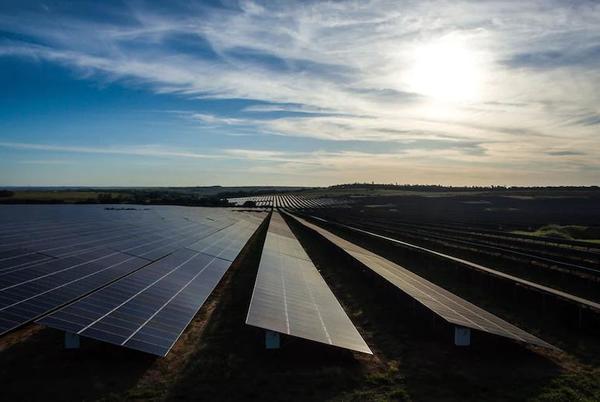The US solar industry growth gets fuel from cheap imports. Now the surging trade and transport issues are exposing that the dependence on a vulnerability is slowing shipments. It is further putting the big projects at risk.
Tighter availability of the forge panels could affect the blooming industry and can set back the efforts of Joe Biden to decarbonize. The de-carbonation of the power sector is the centerpiece of his plan to work against climate change. The US solar industry sees 90% of panels made overseas.
Among the issues which are clouding the outlook of the collar is an attempt from US authorities to block the shipments of panels. These panels are continuing the components that derived from the forced labor in China’s Xinjiang region.
Biden has imposed an import ban which is targeting the Hoshine Silicon Industry Co of China in June. Further, hundreds of megawatts of panels got detained at the border.
US Customs and Border Protection would not disclose the number of solar products that it has detailed. China also denied the aspect of forced labor for solar component production.
At the same time, a tiny domestic solar manufacturing industry has submitted an anonymous petition. He called upon the US Commerce Department to impose new tariffs on the solemnity of the imported panels over the accusation of dumping products at low prices.
The Commerce Department will decide whether to consider the request that can affect the imports from Malaysia, Thailand, and Vietnam. If it gets imposed, those tariffs can jeopardize18 gigawatts of solar projects.
The small group of domestic solar manufacturers says that they remain anonymous due to the disclosure of their names.
US solar developers said that suppliers in Southeast Asia have already cut sales in the United States over the fears that the panels can get hit with retroactive levies.
In the United States, the maritime shipments of solar modules were already down by 11% in 2020.
“We are getting hit pretty hard right now,” Markus Wilhelm, chief executive of solar project developer Strata Solar, said. “We are completely dependent on a global supply chain, so we are a little bit more vulnerable.”
“We can’t get module manufacturers today to sign purchase orders that we need to deliver projects in the near term,” George Hershman, president of the solar contractor Swinerton Renewable Energy, said on the call.
One of the latest solar panel makers, JinkoSolar has been caught in the crosshairs for both border seizures and new Tarif potentials. The company said that US customs stopped some of its solar panels at the border. The company is also among the Chinese companies that domestic petitioners have targeted.

